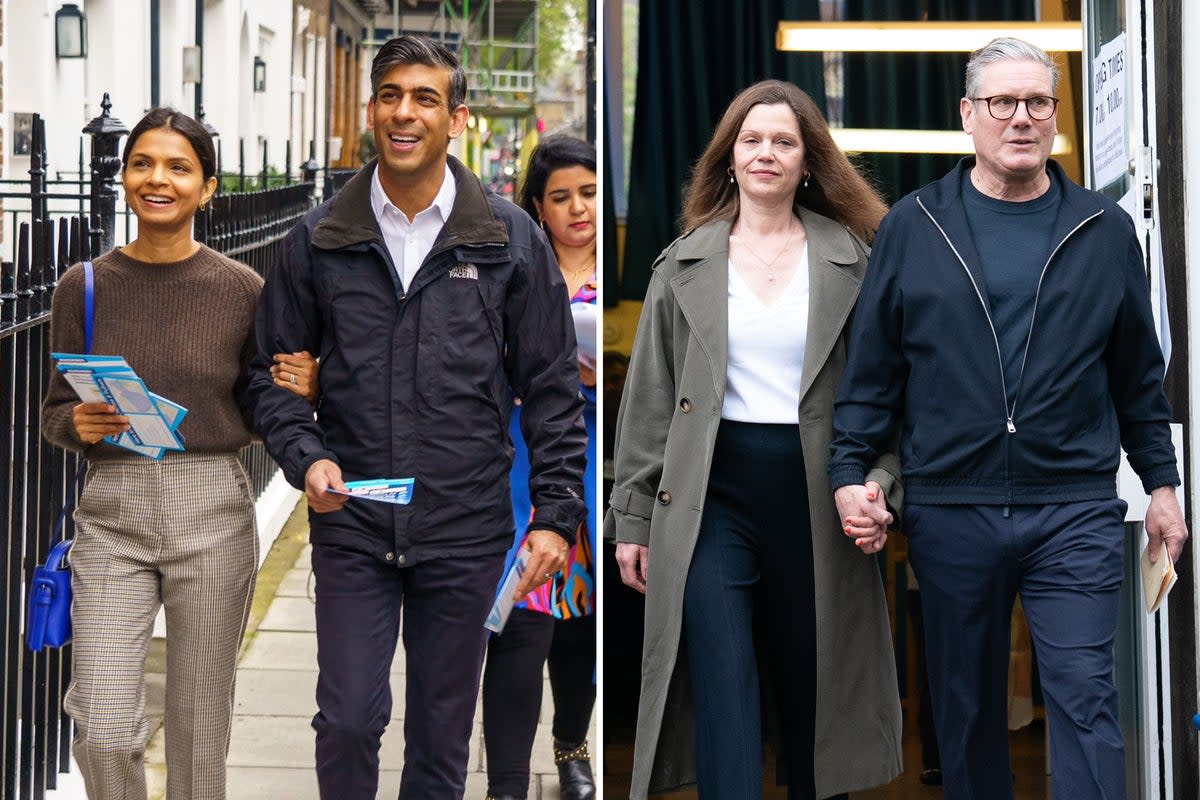Boris Johnson turned away from polling station after forgetting photo ID

Boris Johnson fell foul of legislation he introduced himself as prime minister when he was reportedly turned away from a polling station after failing to take photographic identification.
Mr Johnson, who quit as PM after three years in 2022, had been trying to cast his vote in the local elections in South Oxfordshire, according to Sky News.
But polling station staff had to turn the former Conservative Party leader away because he could not produce any ID, Sky said.
Showing a document with a photo identifying the voter has been compulsory since the Elections Act 2022 took effect a year ago.
For live coverage of the local elections, and the results, follow our live blog by clicking here
Elections are taking place in 107 local authorities across the country, with 2,636 seats up for grabs.
A spokesperson for Mr Johnson did not deny he had failed to bring ID. But it is understood the ex-PM did bring some identification later on Thursday and was able to vote for the Conservatives.
In 2021, the then prime minister and Tory leader said: “What we want to do is protect democracy, the transparency and the integrity of the electoral process. And I don’t think it’s unreasonable to ask first-time voters to produce some evidence of identity.”

Voters arriving at polling stations are now required to show a form of photo identification, such as a passport, driving licence or blue badge.
Other forms of identity that will be accepted include biometric residence permits, defence identity cards, and national identity cards issued by the European Union, Norway, Iceland or Liechtenstein.
Under Mr Johnson’s legislation, ministers argued the change was required to reduce electoral fraud.
Separately on Thursday, a Tory MP begged local members in his constituency for help after he was caught short without voter ID .

Tom Hunt, MP for Ipswich, asked local members to act as his “emergency proxy” after he found that he had no appropriate ID to vote in the local council elections.
At the same time, a former British army soldier said he was turned away from a local polling station because his veteran’s ID was not accepted.
Adam Diver, 46, who served for 27 years, said he was left “gutted” after being told it was not on the list of valid identification for voters.
Minister for veterans affairs Johnny Mercer apologised and promised on social media that a veteran’s ID card would be on the list for the next election.
A Downing Street spokesperson said: “It is our intention for the new veteran card, which was rolled out in January, to be added to the official list.”
The government is consulting on adding the card to the list of acceptable voter ID, which already includes armed forces identity cards.
A police and crime commissioner for the Thames Valley is being selected in the seat of South Oxfordshire.
Voters in England and Wales have been selecting new police and crime commissioners for their regions.
Elections have also been taking place for the mayor of London, London assembly members and 10 other mayors outside the capital.
And a by-election is taking place in Blackpool South following the resignation of former Conservative MP Scott Benton.
The Independent has tried to contact Mr Johnson’s team for comment.


